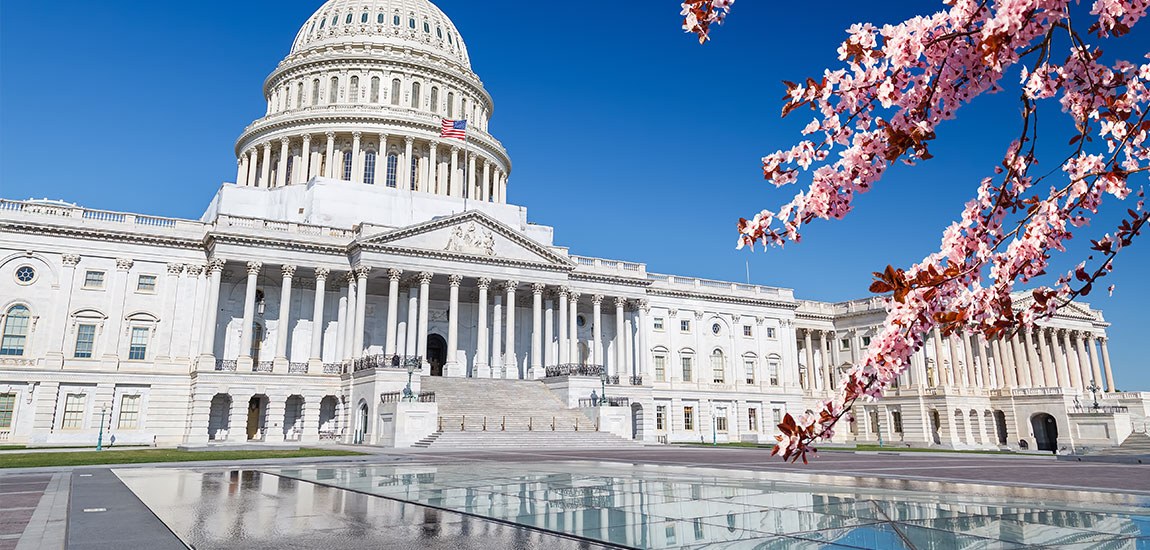Learn how you can contribute to the common good in the realm of politics and government. The Politics, History, and Economics program will equip you with God-honoring leadership skills that can be utilized in your church, community, and world.
Politics, History, & Economics (PHE) may be the right degree for you if you
- want to take action and see a change in the world
- are eager to learn more about history, finance, legislation, and social issues
- desire a career in education, law, government, public administration, or international relations
Why study politics, history and economics at Northwestern?
Located in the capital of Minnesota, UNW provides numerous opportunities for students to get hands-on experience. This includes an opportunity to complete an internship in a government office.
The PHE major is an interdisciplinary program. This allows for flexibility to choose emphases and specialties (including political communication). PHE integrates five important components to provide powerful lenses of understanding and preparation for action.
Politics – You’ll build an understanding of how dynamic political power is essential for engaging with domestic or foreign concerns.
History – You’ll gain knowledge of the historical nature of contemporary issues and global developments. Which will build a deeper knowledge around today’s international realities.
Economics – You’ll learn the basics of economics to understand the impacts of policies.
Philosophy – You’ll develop skills to think rationally and with empathy.
Communication – You’ll learn how to effectively outline and explain issues. Leading to a greater influence of ideas and policies.
What Can You Do?
- Law
- City Government (Urban and Regional Planning)
- Legislative or administrative support
- International Activities (Diplomacy, Non-Governmental Organizations)
- Non-Profit Administration
- Advocacy (Think-Tanks)
- Media and Communication related to Politics and Campaigns
Request Information
Northwestern history alumni have worked for the Secret Service, gone on to law school at Harvard University, University of Minnesota, Mitchell Hamline School of Law, and more. Others teach history and social studies, pursue advanced degrees, or work in business, law enforcement, intelligence services, or state government and public policy.
What will I learn?
You will learn to think critically, research, write effectively, and expand your knowledge of politics, economics, and history.
PRL 3387
Political Communication
This course focuses on developing the essential capabilities needed to serve as a communications consultant or employee on a political campaign or for a public affairs or public policy organization (special interest group). The course is designed to help students gain experience in researching, planning, staging, scripting and executing an array of communications used by public office seekers. Discussion of both political campaign principles and tactics is integrated into the course. Students should develop a strong understanding of the importance of communications in the political process.
POS 2005
U.S. National Government
The study of the structure and processes of American national government and its political processes and institutions. Particular attention is paid to constitutionalism, federalism, the presidency, the Congress, the Judiciary, bureaucracy, interest groups and policy formation.

Still have questions about this program or how to apply?
Our team is ready with answers!
Discover the School of Arts & Humanities
Professors at Northwestern are focused on their students first. Our faculty include experts in their respective fields who want to help you grow in your faith while you earn your degree.

